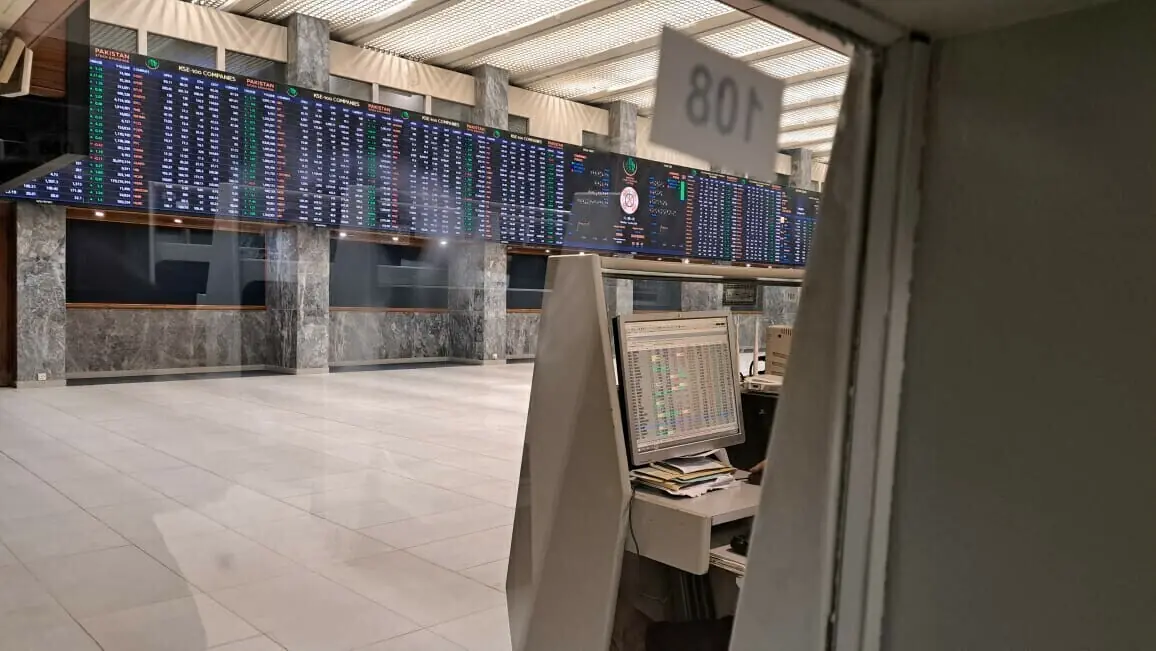The city of fabled Timbuktu was its crown jewel, a symbol of Mali's rich history and a tourism draw for a desperately poor people. French troops arrived in Kidal on Wednesday, completing a three-week campaign to oust Islamist rebels from major north Malian cities, including Gao and Timbuktu.
France, Mali's former colonial power, intervened to stop the Islamist rebels' advance towards the south, amid fears that they would overrun the entire country, and create another safe haven for violent extremists to launch attacks on Western targets. As if to confirm those fears, while France battled in Mali, militants linked to 'al Qaeda in the Islamic Maghreb' attacked a BP gas production field in southern Algeria and kidnapped dozens of people, including American, French and British nationals and held them hostage. The incident ended in a bloody mess when the Algerian security services stormed the kidnappers' redoubt. At least 23 hostages died in the ensuing clash.
The conflict in Mali presents an instructive example of how unaddressed economic grievances and political repression can create space for al Qaeda-type extremists to exploit, leading to disastrous consequences. For over two decades, the Tuareg people inhabiting northern Mali had been up in arms against the Malian government, demanding autonomy or independence. No serious attempt was made to redress the cause of their distress and discontent. That allowed religious extremists with ties to al Qaeda to consolidate their position in the region. Things came to a head last March when the Malian army staged a coup against President Amadou Toumani Toure. Taking advantage of the political instability that followed, the National Movement for the Liberation of Azawad along with Ansar Dine and two other Islamist groups took control of northern cities, including the Timbuktu, proclaiming independence.
What followed was imposition of a highly controversial version of Sharia law. They destroyed 15th Century Timbuktu shrines and this ancient city's spirit, subjected alleged offenders to whippings, amputations and summary executions. They set fire to a library housing ancient manuscripts, some of them dating to the 12th century. The manuscripts were not only a treasured cultural heritage of the Malian people but all West African countries. No wonder, al Qaeda's ouster from all major cities was marked by public expressions of joy. For now, a faction of the Islamic Movement of Azawad has announced it had spilt from Ansar Dine, and rejected "extremism and terrorism, and wanted to find a peaceful solution to the crisis". Needless to say, the only way to keep the extremists from staging a comeback would be a satisfactory and abiding solution to issues at the root of northern Mali's restiveness.
BR100
15,100
Increased By
41.1 (0.27%)
BR30
43,391
Increased By
460 (1.07%)
KSE100
148,931
Increased By
115.3 (0.08%)
KSE30
45,223
Increased By
16.4 (0.04%)





















Comments
Comments are closed.